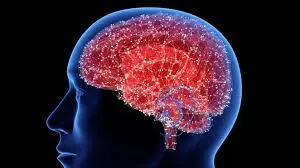
Exploring the Dying Brain: A Revolutionary Discovery
In a groundbreaking discovery, scientists have recorded brain activity in a dying human for the first time, shedding light on what might happen moments before death. The findings reveal a surge of activity in the brain, which could provide insights into near-death experiences and the final moments of human consciousness.
The study, published in a leading neuroscience journal, involved monitoring an 87-year-old patient who was undergoing treatment for epilepsy. While hooked up to an electroencephalogram (EEG) machine, the patient suffered a fatal cardiac arrest, and researchers were able to record the brain’s activity during and after the event.
The data showed a spike in gamma wave activity, which is associated with memory recall, dreaming, and meditation-like states. This has led researchers to hypothesize that the brain might replay significant life events or enter a state of heightened consciousness in the final moments.
Dr. Ajmal Zemmar, one of the study’s authors, said, “It’s as if the brain is performing a sort of final ‘recap’ of life’s moments. While we cannot draw definite conclusions, it raises profound questions about what it means to be conscious at the end of life.”
The discovery has sparked widespread interest and debate, especially about the potential link to reports of near-death experiences, such as seeing a “light at the end of the tunnel” or feeling a sense of peace. However, researchers caution against overinterpreting the results, as more studies are needed to fully understand the phenomenon.